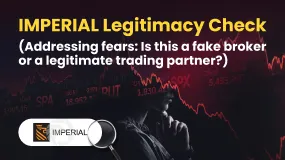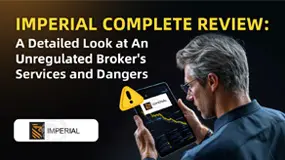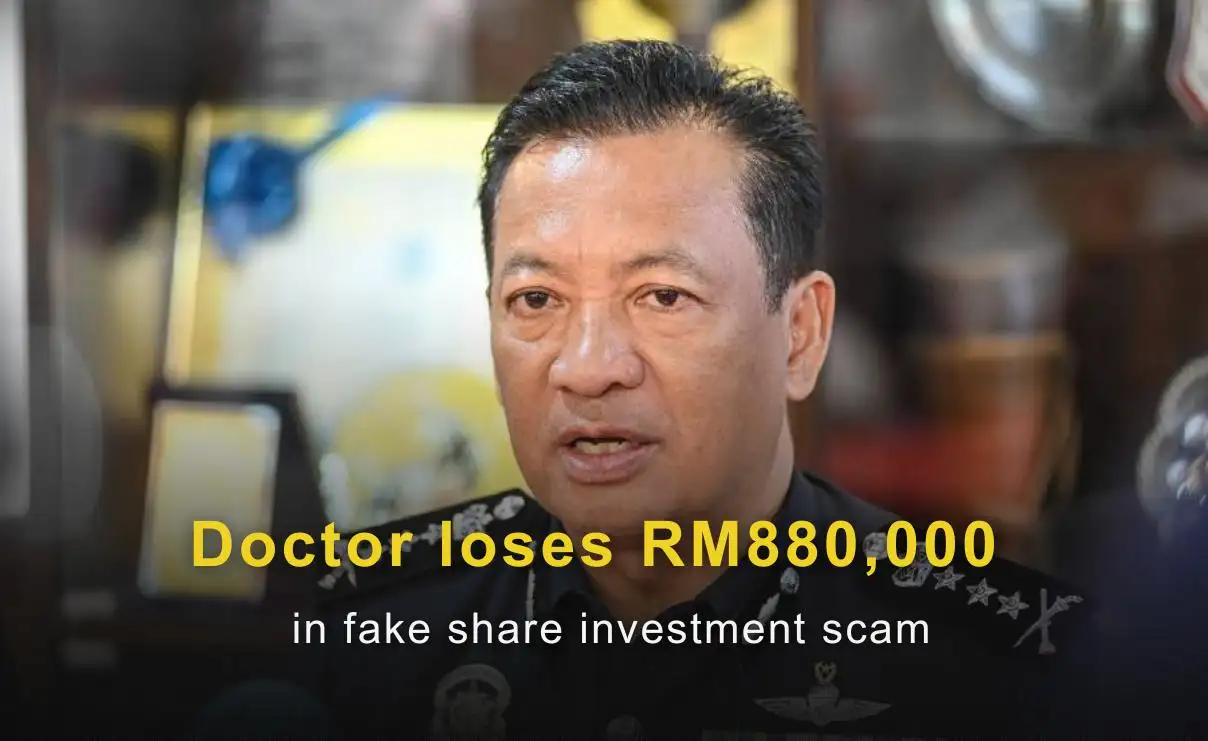Abstract:Some online brokers offering contracts for difference (CFDs) without the requisite licences may have to stop trading – or join a licensed online broker.
Its a well-known fact that certain online brokers offering contracts for difference (CFDs) to their clients without the requisite licence have been sent a cease and desist letter by the Financial Sector Conduct Authority (FSCA).
Only companies that have a valid over-the-counter derivatives provider (ODP) licence, or submitted a licence application before June 14, 2019, may offer CFDs to their clients.
FSCA has started to issue ODP licences to non-banking brokers such as QuickTrade, but that leaves several CFD issuers operating without a licence – and in danger of being summarily shut down, says Hardus van Pletsen, founder and CEO of QuickTrade.
There are less than a handful of us non-banking brokers that have been issued with ODP licences, and this is because the licence conditions are stringent. The FSCA is intent on cleaning up an industry that needed cleaning up to be honest. Online traders want to know who is regulated and who isnt, because this gives them some level of comfort that there is an external regulator keeping an eye on things.
“The conditions for maintaining a licence are onerous. We have to submit regular reports to the FSCA to ensure we continue to satisfy the licence requirements.”

Expect a consolidation among online brokers
Van Pletsen sees a consolidation looming in the online broking market as those without licences merge with those that are licensed.
“One of the likely consequences of the FSCA clean-up of the industry is that unlicensed operators will be forced to fall under licensed operators – or risk closing their doors,” he says.
“We have been approached by several operators in the last few weeks since our ODP licence was awarded to see if they can trade under our licence. This, of course, is an opportunity for us, but we have to observe the requirements of our licence and make sure we stay within the boundaries allowed by the licence. But it is almost certain that there will be some consolidation among brokers in SA as a result of the heavy penalties that apply to those continuing to operate without the correct licence.”
Licensing requirements
Bridget King, legal director of DLA Piper Advisory Services, notes that licensed ODPs may accept business from brokers licensed under the Financial Advisory and Intermediary Services (Fais) Act, such as those with Category 1 licences to provide advice and intermediary services in respect of derivative instruments. This is different to ODP licences, the holders of which may issue derivatives as principal.
“It would be lawful for a Fais broker to provide advice to clients on products issued by a third party ODP. It would also be lawful for a Fais broker to refer clients to an ODP, or market or otherwise assist clients to trade CFDs with a licensed ODP,” says King.
It is however unlawful for a Fais broker to issue or sell CFDs as principal. This poses a number of logistical challenges for online brokers seeking to merger their operations with ODP-licensed operators. They will have to relinquish operational control of the client to the ODP licence-holder, as the client must trade with the ODP on a principal-to-principal basis, with the Fais broker limited to acting as an agent in the relationship. In respect of client money, funds must flow from the client to the ODP to be held in the ODPs segregated account.
The Fais brokers advertisements, marketing materials, correspondence and websites must comply with the Fais codes of conduct and must clearly state that the Fais broker acts merely as an agent or intermediary, and that the product supplier is the licensed ODP.
Furthermore, fee arrangements between the client, broker and ODP must comply with Fais and must be documented in the agreements between the parties.
What is a CFD?
A CFD is a type of derivative instrument which allows the trader to earn the price movement in an underlying security – be it a share, index, commodity or crypto – without owning the underlying asset. CFDs usually come with leverage, typically about 30:1 for the more conservative issuers, and as high as 500:1 in some cases. This means that the trader is amplifying both profits and losses 30 or 500 times the price movement in the spot market.
Penalties for breaking the law
Operating an unlicensed platform and selling CFDs to South African investors without an ODP licence could earn the offender a R50 million fine and a prison term of 10 years, or both, under the Financial Markets Act.
Failure to comply with conduct directives issued by the FSCA can result in the licence holder receiving a fine of R15 million or 10 years in prison, or both.
Brought to you by QuickTrade.
Moneyweb does not endorse any product or service being advertised in sponsored articles on our platform.








